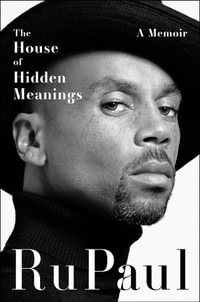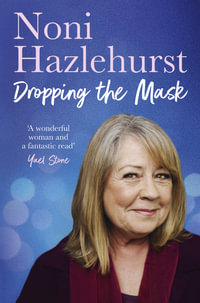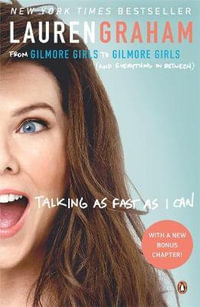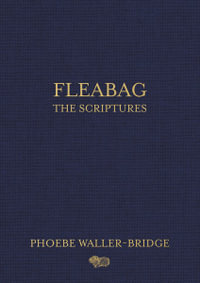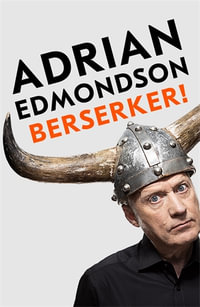From Game of Thrones to Breaking Bad, the key theories and concepts in criminal justice are explained through the lens of television
In Crime TV, Jonathan A. Grubb and Chad Posick bring together an eminent group of scholars to show us the ways in which crime-and the broader criminal justice system-are depicted on television. From Breaking Bad and Westworld to Mr. Robot and Homeland, this volume highlights how popular culture frames our understanding of crime, criminological theory, and the nature of justice through modern entertainment.
Featuring leading criminologists, Crime TV makes the key concepts and analytical tools of criminology as engaging as possible for students and interested readers. Contributors tackle an array of exciting topics and shows, taking a fresh look at feminist criminology on The Handmaid's Tale, psychopathy on The Fall, the importance of social bonds on 13 Reasons Why, radical social change on The Walking Dead, and the politics of punishment on Game of Thrones.
Crime TV offers a fresh and exciting approach to understanding the essential concepts in criminology and criminal justice and how theories of crime circulate in popular culture.
Industry Reviews
Crime TV takes popular criminology's necessary next step. Taking the televisual series that most fascinate us and coupling them with classical theories and urgent contemporary perspectives, we immerse into the screens and streaming frontiers of rapidly shifting forms of media consumption. Students and teachers will love this volume. -- Michelle Brown, author of The Culture of Punishment: Prison, Society, and Spectacle
Crime TV brilliantly capitalizes on entertainment habits that prompt most Americans to learn about criminality through dramas, many now streamed. Written by top-notch scholars and focusing on widely watched shows, the chapters use popular media to unmask prevailing justice myths and realities and to illuminate the relevance of theories of crime and punishment. Scholarly but accessible, this volume is a fascinating read for all and uniquely suited for classroom use with today's students. -- Francis T. Cullen, co-author of Criminological Theory: Context and Consequences




